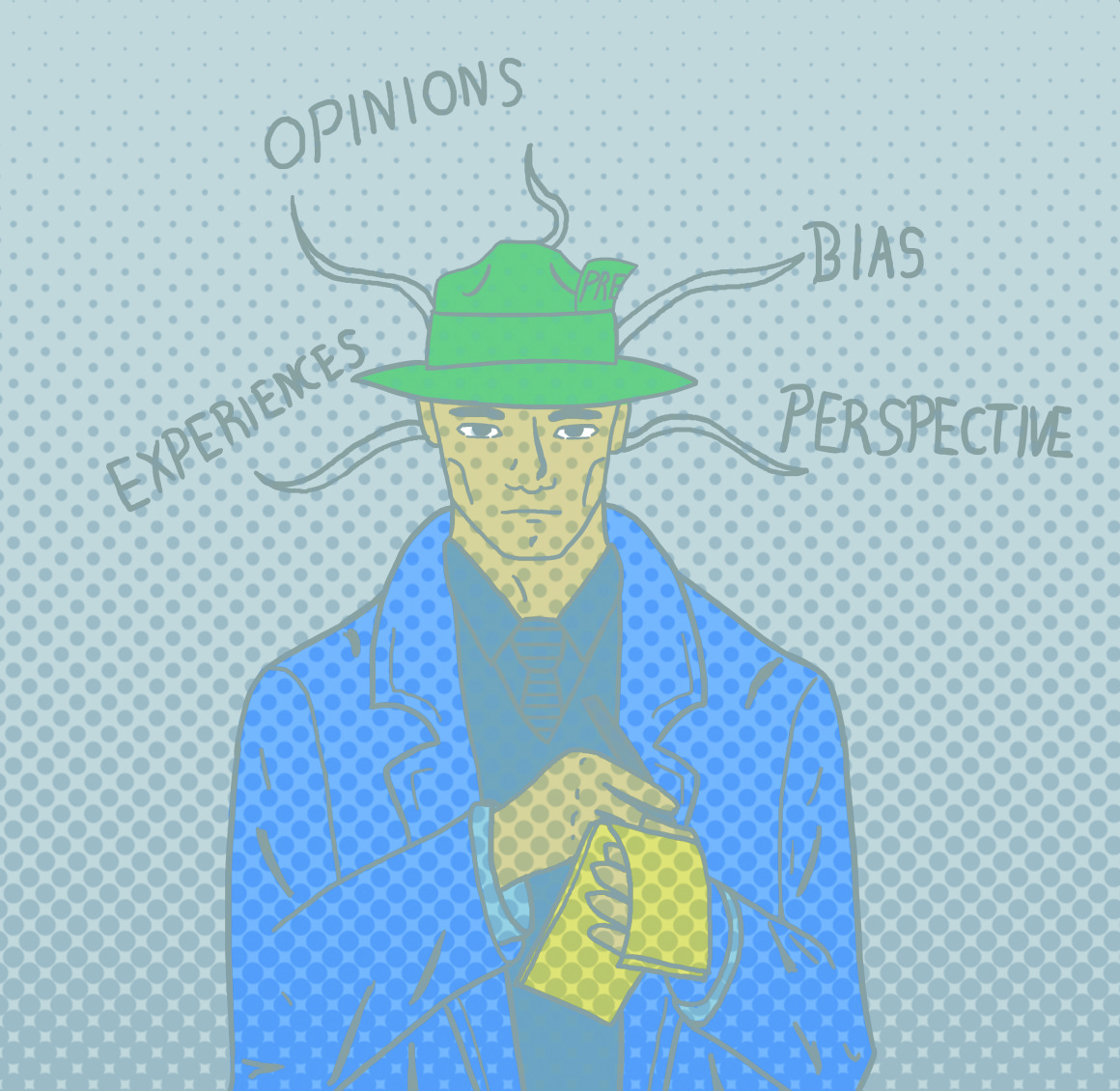
There is no such thing as objective journalism
By Kate Jacobson, January 22 2015 —
Journalism can’t be objective, as newspaper articles are written by people influenced by their own experiences.
But we’re hampered by the idea that news stories consist of either hard facts or personal opinions, with no overlap between the two. When we stop trying to force our work to be objective, we can spend time ensuring that our work is accurate.
People think of journalists as a group whose only job is to share information with the public. That’s not true. Journalists collect information, but they also organize it and look for patterns. And our biases influence what we see and what we overlook.
Unless journalists are publishing transcripts of events word for word, we have to make judgments about what is important to the story. The selection of sources and quotations is a process prone to personal bias.
Of course, every news story can’t be a platform for the author’s opinion. Providing information isn’t about convincing others that the way you see the world is correct. But it’s hypocritical to act like the way you see the world doesn’t affect what you view as objective.
Journalists can still be trusted sources, even if we admit that we’re biased. I have no doubt that most Calgary Herald reporters care about what happens in the city. Its reporters likely vote and are political partisans. But I still trust what they have to say about city politics. Admitting that journalists have opinions and pre-conceptions doesn’t mean that everything we say or do is trying to convince others to share our beliefs.
Objectivity generally preserves the status quo. When we say objective, we usually mean the biases of people in power. Pretending that what we write is objective means we follow a narrative everyone has already agreed on instead of organizing facts in an understandable way.
It’s no coincidence that people who benefit from power are seen as the most objective. Women who discuss sexism are often portrayed as irrational and biased. People of colour who address racism are criticized as petty and unprofessional.
But you aren’t more likely to be unbiased on an issue just because you don’t experience the negative effects in your day-to-day life. Objectivity can lie because it forces journalists to present varying sources of information as equally important, regardless of context.
Our discussions would be more constructive if we talked about the content of people’s ideas instead of navel-gazing about how they were formed. Conceiving of the news as a set of issues with hard-and-fast truths and only two sides does a disservice to the complexity of the problems we face.
